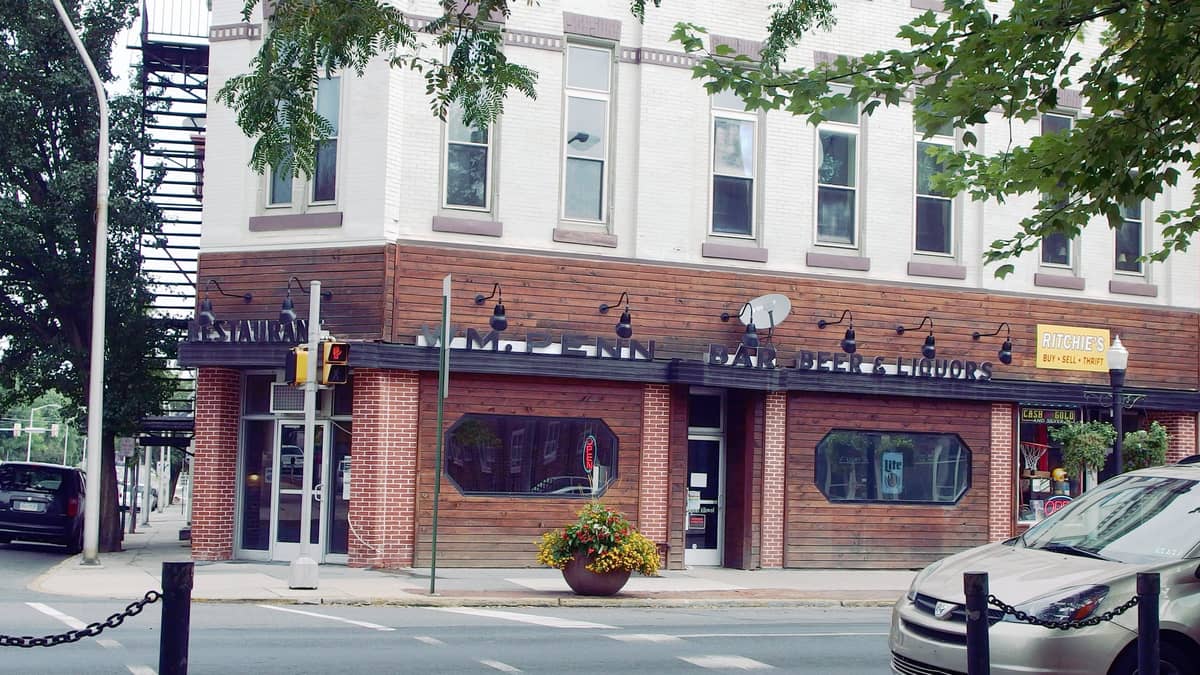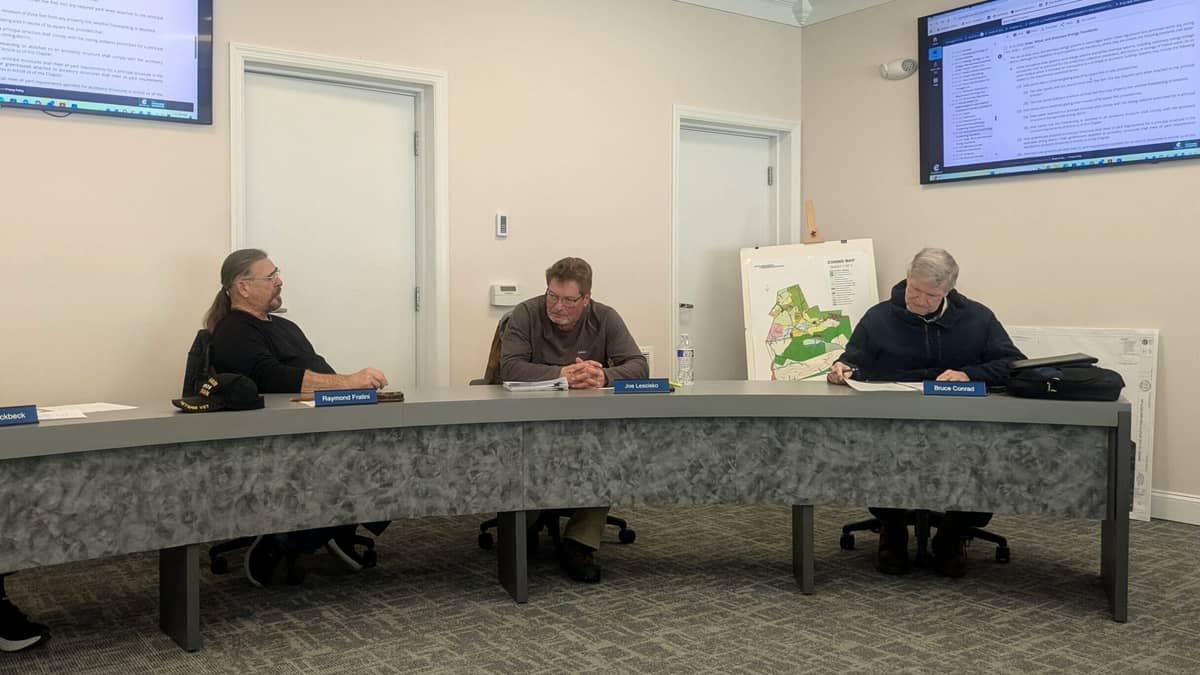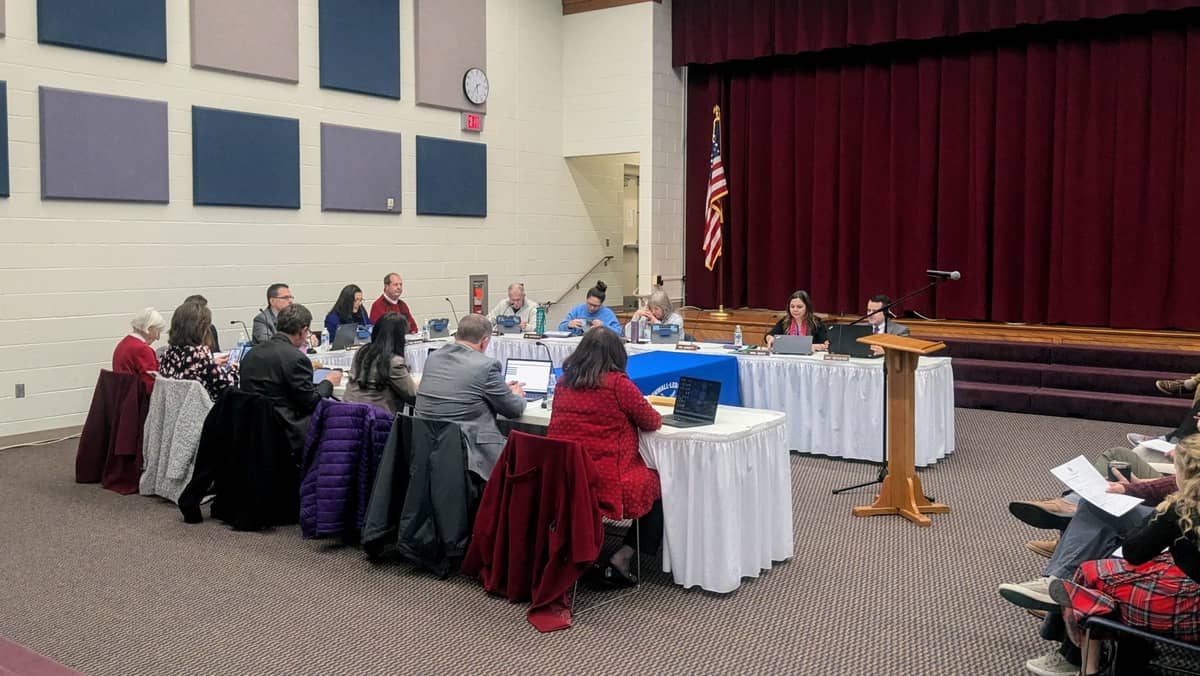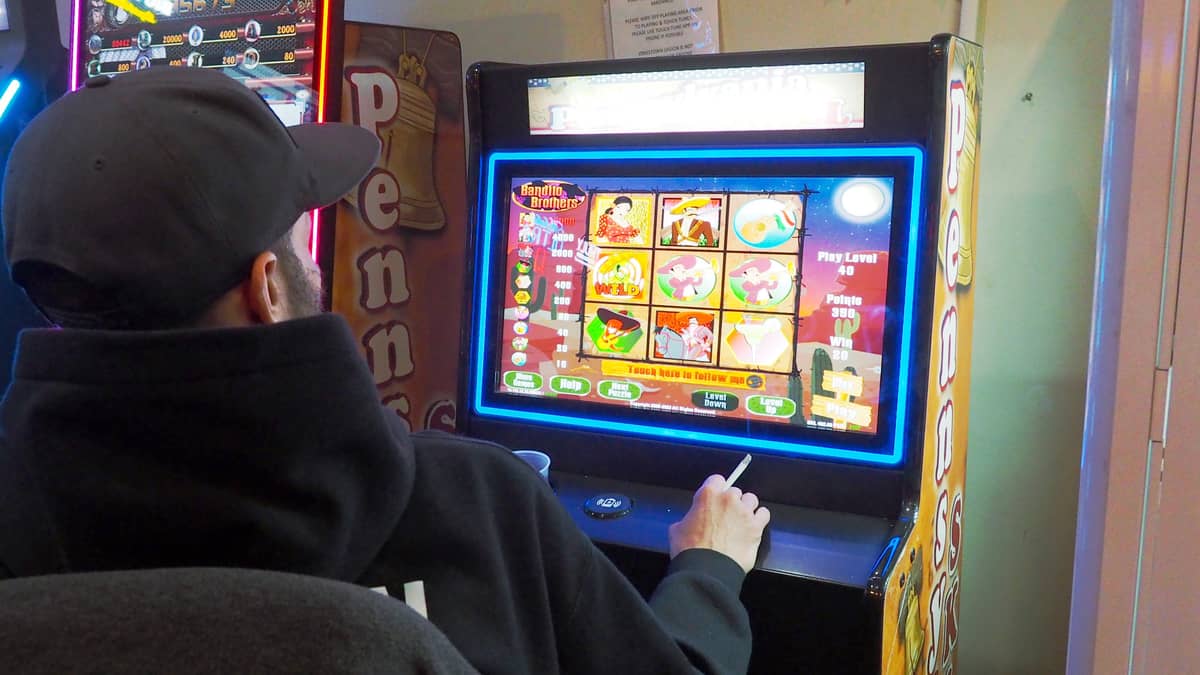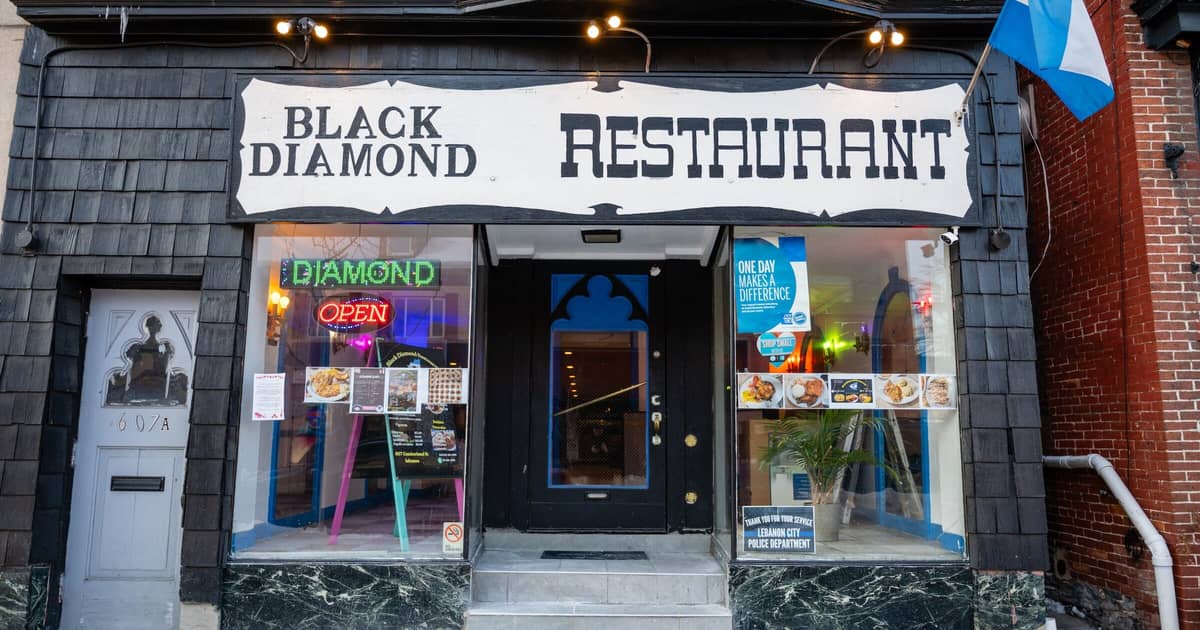A local judge has upheld the Pennsylvania Liquor Control Board’s refusal to renew the liquor license of the William Penn Restaurant and Bar, a Downtown Lebanon fixture at 7th & Cumberland Streets since the 1930s.
In a decision issued on August 16, President Judge John C. Tylwalk agreed that the PLCB properly refused a license renewal application because the bar’s operators hadn’t followed a violation correction plan, known as a “Conditional Licensing Agreement” or “CLA” for short, that was imposed when its license was last renewed in 2014.
The judge’s ruling follows an earlier one by a PLCB administrative judge that reached the same result.
Despite the 2018 non-renewal, a provision in the Liquor Code allowed the bar to remain open and serve liquor until Judge Tylwak ruled. A sign on the bar door this morning said “We will be closed until further notice.”
Judge Tylwalk said the 2014 CLA was imposed because the bar had been involved in “six adjudicated citations of violations of the Liquor Code, sixteen incidents of disturbances at or adjacent to the premises,” and had filed a late renewal application.
The 16 incidents included fights, visibly intoxicated customers, drug activity, and disorderly operation.
The CLA required a number of measures beyond what is normally required of bars, including security guards inside and outside the premises at certain times, weapons checks and metal detectors when security was required, surveillance cameras, a written list of all barred customers, and scanners to check customer IDs.
The PLCB objected when the bar applied for its latest license renewal in late 2017. It cited a number of violations of the CLA, the bar’s long history of violations, and more incidents and Liquor Code violations after the CLA went into effect.
In his 17 page opinion, Judge Tylwalk agreed with the PLCB that the bar’s “sole corporate officer and stockholder, Michael Levendis, and its PLCB-approved manager, Sandra Sattazahn, were no longer responsible persons or were persons of ill repute pursuant to [the Liquor Code].”
The Liquor Code refers to a “person of ill repute” and to a license applicant who “has by his own act become a person of ill repute,” but doesn’t define the term. Pennsylvania courts have applied the term broadly to operators who have engaged in repeated and uncorrected violations of the law or PLCB regulations resulting in damage to an establishment’s reputation.
The bar is owned by William Penn Restaurant and Bar, inc., a Pennsylvania corporation.
When contacted on August 21, James Petrascu, the William Penn’s attorney, declined to comment on the case or whether an appeal is planned.
The William Penn’s restaurant and taproom operations are physically separate in adjacent first floor sections of the same building on the corner of 7th & Cumberland Streets.
The restaurant side, which was open for lunch on August 21, has long been known for its hot dogs, and neither the court’s decision nor the PLCB’s action is expected to affect its operation.
Lebanon Daily News ads for the “William Penn Cafe” at 7th & Cumberland Streets appeared as early as 1935. A sign at the restaurant cash register says it has been in operation since 1928.
Based on regular references in the LDN through the following decades, it is believed that a restaurant and bar under the William Penn name have operated there continuously ever since.

